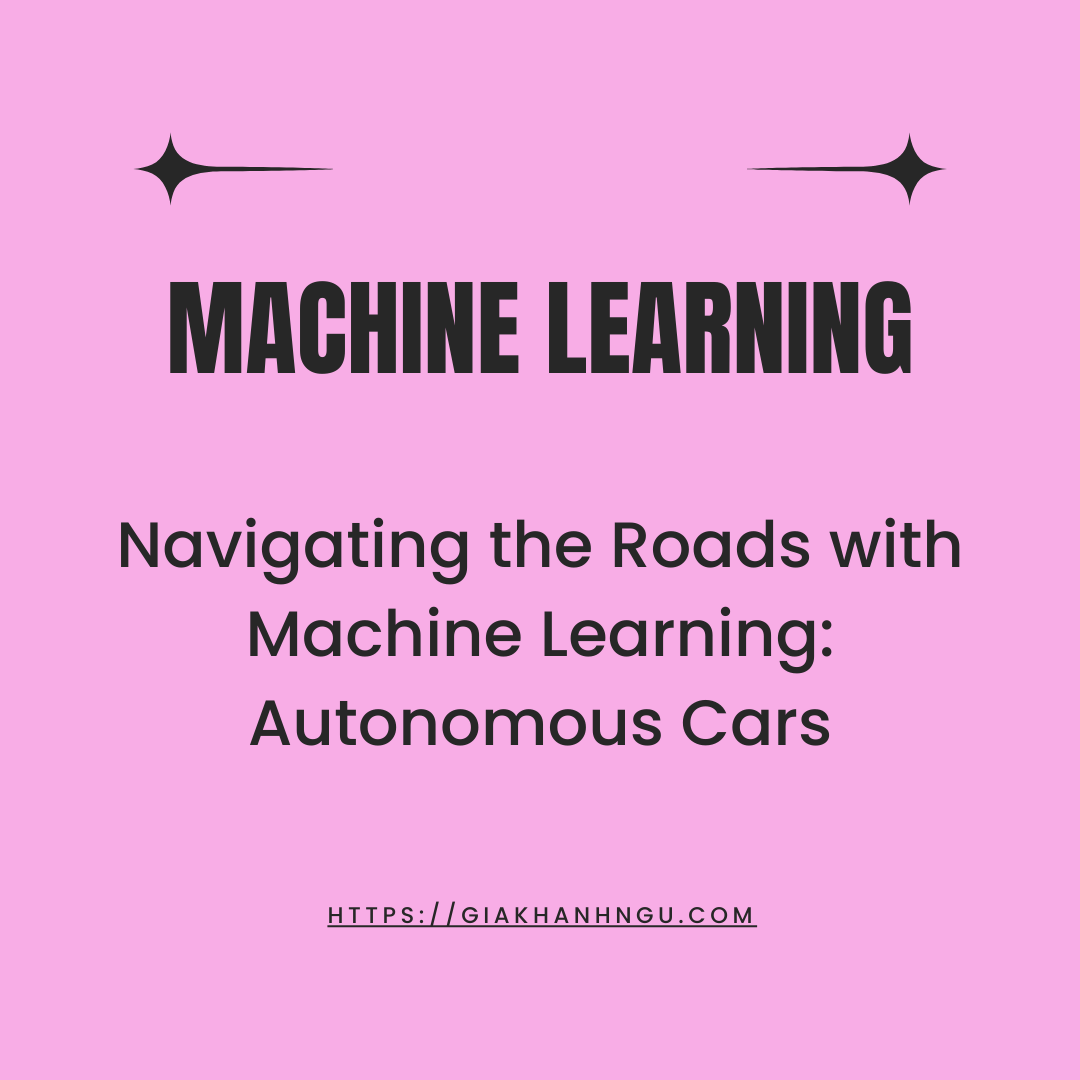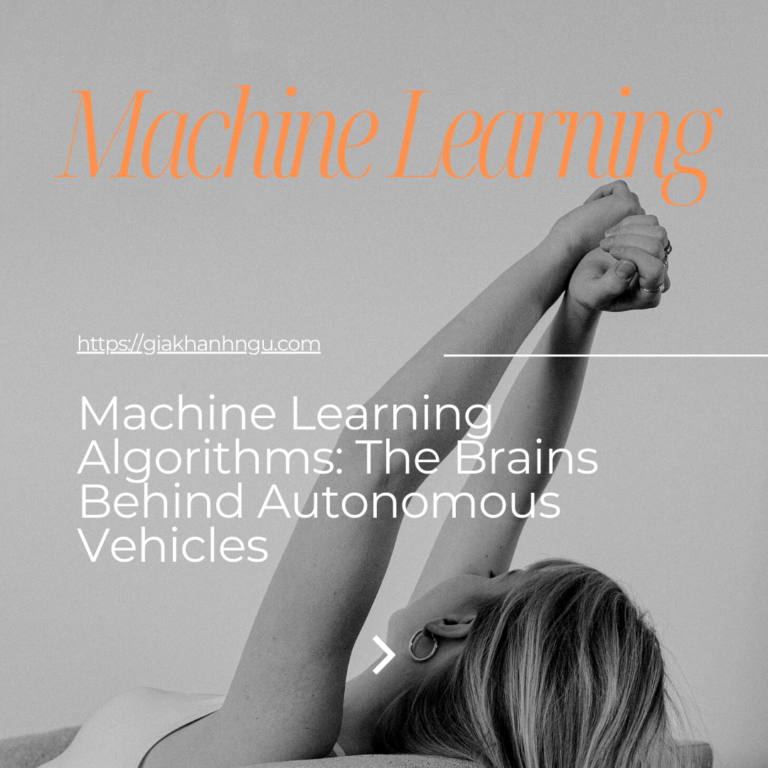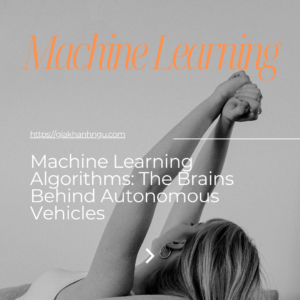In the rapidly evolving landscape of transportation, autonomous cars are a beacon of innovation, and machine learning stands at the heart of this revolution. “Navigating the Roads with Machine Learning: Autonomous Cars” delves into the transformative role of machine learning in steering these futuristic vehicles towards a safer, more efficient, and increasingly intelligent future. As we embark on this exploration, the intricate relationship between machine learning and autonomous driving unfolds, revealing a path paved with groundbreaking potential.
Machine learning, a subset of artificial intelligence, is the critical technology enabling autonomous cars to understand and interact with their environment. These algorithms process data from various sensors and cameras in real-time, allowing vehicles to make informed decisions, adapt to dynamic road conditions, and learn from new experiences. The capacity of machine learning to analyze vast amounts of data and predict outcomes is what empowers autonomous cars to navigate roads with precision and foresight.
Central to the success of autonomous cars is the ability of machine learning algorithms to interpret complex scenarios and make split-second decisions. Whether it’s recognizing pedestrians, understanding traffic signals, or predicting the actions of other drivers, machine learning is the brains behind the operation. Its continuous learning process means that with every journey, autonomous cars become increasingly adept at navigating the myriad challenges of the road.
Moreover, machine learning contributes to enhancing road safety, a paramount concern in the development of autonomous cars. By reducing the reliance on human drivers, who are susceptible to errors and distractions, autonomous cars promise to significantly decrease accidents and improve overall traffic flow. Machine learning’s predictive capabilities enable these vehicles to anticipate potential hazards and take preventative actions, offering a level of vigilance and reaction time unattainable by humans.
However, the journey towards fully autonomous driving is not without its complexities. Ensuring that machine learning algorithms are reliable, ethical, and transparent is crucial. The technology must be rigorously tested and continually refined to handle unexpected situations and ensure the safety and trust of passengers and the public. As the technology advances, so too must the regulatory frameworks and ethical guidelines that govern it.
Our exploration of the transformative journey of autonomous cars powered by machine learning, it’s crucial to understand the broader implications of this technology on society and the environment. As we navigate through the intricacies of this innovative domain, we uncover a future that holds more than just self-driving vehicles; it promises a new paradigm of mobility, reshaping our cities, our environment, and our very way of life.
The integration of machine learning in autonomous cars is a testament to the potential for a more sustainable future. These vehicles are poised to significantly reduce carbon emissions by optimizing driving patterns and decreasing idle time. Moreover, the potential for electric autonomous vehicles further amplifies the environmental benefits, contributing to cleaner air and a reduction in fossil fuel dependence. The ripple effect of this could be monumental, leading to healthier cities and a more sustainable planet.
Additionally, the societal impacts are profound. Autonomous cars promise to enhance mobility for the elderly and those with disabilities, offering independence and improved quality of life. They also have the potential to reshape urban landscapes. With fewer parking spaces required, cities could reclaim land for public parks and community spaces, fostering a more livable and vibrant urban environment.
However, as we continue down this path, the importance of addressing the challenges and ethical considerations becomes increasingly clear. The decisions made by machine learning algorithms in critical situations raise important ethical questions. Establishing clear guidelines and ethical frameworks is essential to ensure that these vehicles operate in a manner that is aligned with societal values and safety priorities.
Moreover, as the adoption of autonomous cars grows, the economic implications, particularly for those in driving-related jobs, must be carefully managed. Reskilling and education will be key in preparing the workforce for the new opportunities that this technology creates, ensuring that the transition is inclusive and beneficial for all.
As we further delve into “Navigating the Roads with Machine Learning: Autonomous Cars,” it becomes evident that the journey is about much more than technology. It’s about crafting a future that is safer, cleaner, and more inclusive. The potential of machine learning to revolutionize transportation extends far beyond the roads; it touches every aspect of our society and environment. As we continue to navigate this exciting landscape, the commitment to continuous innovation, ethical considerations, and societal engagement will guide us toward a future that realizes the full potential of autonomous cars. The journey is complex and filled with challenges, but the destination promises a world transformed for the better.

























+ There are no comments
Add yours